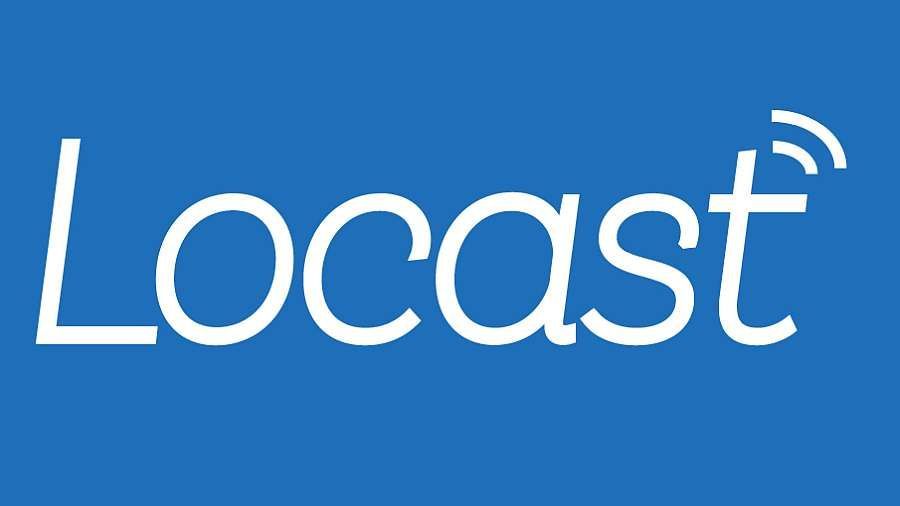Locast Launches in L.A., San Francisco
Continues to expand into top 20 markets
The smarter way to stay on top of the streaming and OTT industry. Sign up below.
You are now subscribed
Your newsletter sign-up was successful
Locast.com has launched in two major, make that "majorist" West Coast markets--Los Angeles and San Francisco.

That comes only days after it announced it had launched in two smaller, midwest markets--Sioux Falls and Rapid City, both South Dakota.
Locast is the free, nonprofit, online TV station streaming service that uses a legal carveout for nonprofit retransmissions to avoid having to pay a copyright fee or get permission from broadcasters, though some are apparently glad to get the extra eyeballs.
"We’ve been marching westward, and we couldn’t be more excited that we’ve hit the Pacific,” said David Goodfriend, founder of Locast.
Locast will stream more than 80 stations between the two markets.
"With the professional football pre-season around the corner," said Goodfriend, who is also founder of the Sports Fans Coalition, "football fans in California now can watch their local teams on a laptop, smartphone, smart TV, or other connected device without fear of blackouts, poor over-the-air reception, or outrageously priced sports packages."
The coalition had long argued that blackouts and escalating ticket prices and rights fees are sports-consumer unfriendly and needed some kind of redress. That was part of the impetus behind Locast.
The smarter way to stay on top of the streaming and OTT industry. Sign up below.
Locast.org started in New York and has been growing steadily, adding top 20 markets as well as the most recent rural expansion, without any push back from broadcasters usually fiercely defensive about rights to their signals. Currently, the stats according to Locast are that it is available in 13 cities representing 31% of the U.S. market and almost 35 million homes.
One theory is that with networks charging reverse comp while also striking deals to put their network programming on streaming services, arguably reducing its value to TV stations counting on the ads they place in their versions of the programming, some stations are OK with getting the extra eyeballs via Locast, which includes their local advertising. Another theory is that broadcast lawyers recognize that Locast is on solid legal footing with the carveout so long as it remains a nonprofit. If so, a legal challenge would only be spending money on lawyers to get a court to declare the service is legal.
Contributing editor John Eggerton has been an editor and/or writer on media regulation, legislation and policy for over four decades, including covering the FCC, FTC, Congress, the major media trade associations, and the federal courts. In addition to Multichannel News and Broadcasting + Cable, his work has appeared in Radio World, TV Technology, TV Fax, This Week in Consumer Electronics, Variety and the Encyclopedia Britannica.

